Time & Energy, fundamental microbial mechanisms that determine methane dynamics in a warming arctic
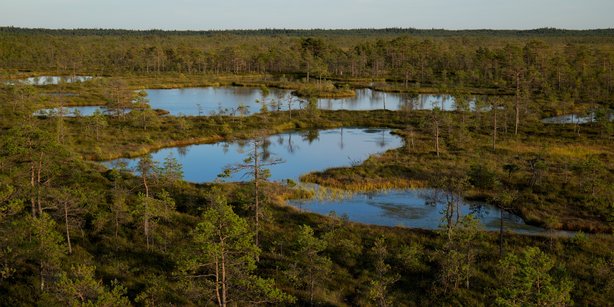
Arctic peatlands are dynamic, fluctuating environments exposed to frequent temperature changes within as well as between seasons. The effect of…
Soil microorganisms and plants are key players in the production and breakdown of organic matter, and together control global biogeochemical cycles of carbon, nitrogen and phosphorus. TER, the Division of Terrestrial Ecosystem Research, aims to advance our fundamental understanding of how plants and soil microorganisms respond to, and in turn shape, their abiotic and biotic environment, and to determine the consequences for the functioning of Earth’s ecosystems.
Primarily dedicated to basic research, TER addresses pressing environmental issues, such as the impact of climate and land-use change on ecosystem functioning and the role of soils in the global carbon cycle and in food security. In doing so, we work on scales from µm (i.e. the scale at which microbes operate) to the biosphere (i.e. where plant and microbial processes become evident), and in ecosystems spanning the Arctic tundra to tropical rainforests. We integrate this scale of thinking with state-of-the-art methods, including stable isotope tracing and biomarker fingerprinting, and are developing novel approaches to estimate gross environmental processes with isotope pool dilution techniques.
We are strongly committed to conduct world-leading research in a motivating and intellectually stimulating environment, and to train our students to become independent and internationally competitive scientists who enjoy research and contribute to society as conscientious citizens.


Arctic peatlands are dynamic, fluctuating environments exposed to frequent temperature changes within as well as between seasons. The effect of…
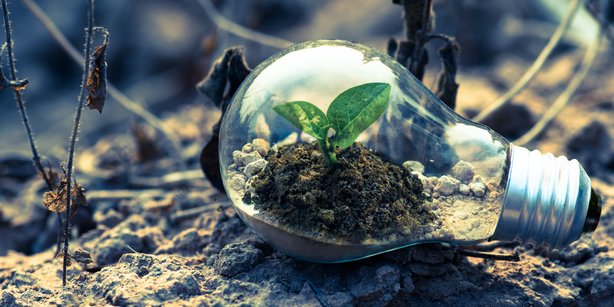
In the past decades, increasing industrial and military use of Tungsten (W)-based products opened new pathways of W into natural systems and raise the…
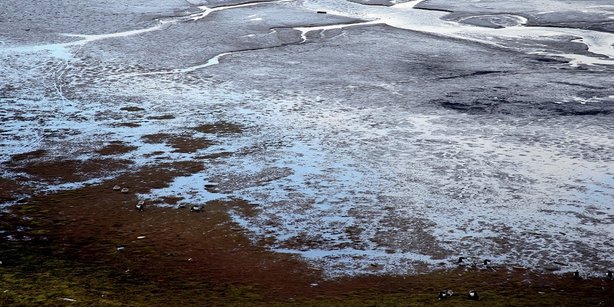
CryoCarb is an international project that includes seven research groups from Europe and Russia. Our main goal is to (i) advance organic carbon…

We are part of the Horizon 2020 project "EU-PolarNet - Connecting Science with Society", the world’s largest consortium of expertise and…

Understanding the contribution of microorganisms to ecosystem processes remains one of the most compelling challenges in ecology and requires a high…

The interregional IAEA project aims to improve the understanding of the impact of climate change on fragile polar and mountainous ecosystems on both a…

Permafrost ecosystems hold more carbon than the atmosphere. There is mountain concern that rapid warming in the Arctic will accelerate the release of…
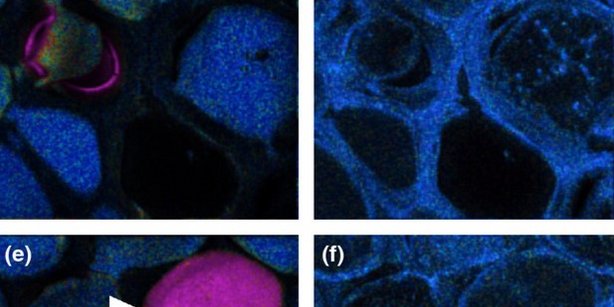
Microbial soil organic matter transformations are traditionally investigated from a bird’s eye view, that means at scales that are considerably larger…
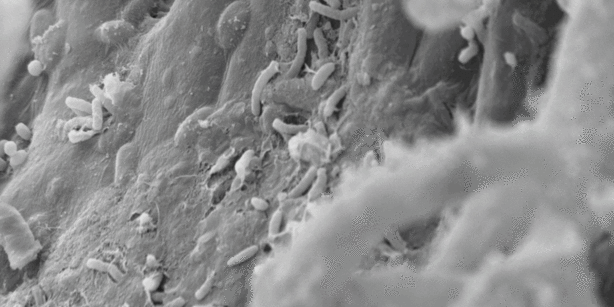
All plants release a substantial fraction of the carbon they assimilate via photosynthesis as root exudates into the soil, an input that significantly…